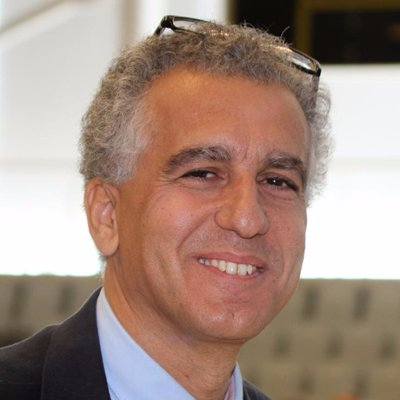Another candidacy for the 2023 presidential elections was announced on Friday, bringing the total of number of candidates standing, so far, to six. If there are more than six, we apologise for having lost count.
The latest addition to the line-up of candidates is the former Rector of the University of Cyprus, Constantinos Christofides, who is standing for the fledgeling movement, New Wave – The Other Cyprus, which is an affiliate of Volt Europa, the pan-European political movement. Strictly speaking, Professor Christofides could not be regarded an independent candidate as he has the backing of an organised group, but he would fall in the category of ‘independents’ as he has no links to a political party.
The other independents are Achilleas Demetriades, Giorgos Colocassides, Marios Eliades (lawyers) and Hellas Sat chief Christodoulos Protopapas. Next month, former foreign minister Nicos Christodoulides is also expected to announce his candidacy as an independent, although this would be pushing the bounds of credibility given his links to Disy and the fact that he was a part of the Anastasiades government for nine years.
Disy leader Averof Neophytou is the only party candidate in the field, with the other parties still searching high and low for a candidate they could sell to their respective supporters. Efforts by Akel and Diko to agree on a common candidate collapsed which means that each will now be looking for their own person. Meanwhile, Edek, Greens, Dipa and Elam have not announced any decisions either. Almost every day, however, there is a meeting of an independent candidate with one of these parties.
This underlines the problem that ‘independents,’ have. Without the backing of a political party, even two, they would be regarded no-hopers, an option for a small number of voters, that will get them nowhere. The paradox is that to have, at least an outside chance, the ‘independent,’ would need to enter a deal with a political party, a move that would undermine the main reason for his candidacy – abhorrence of the political party system and the corruption it fosters.
All the ‘independents’ have declared themselves enemies of this system, promising to end it if elected. But what is the likelihood of a candidate honouring this promise if elected with the votes of Diko, Akel, Dipa or Edek? This is the predicament of the so-called independents, who, understandably, want to exploit the growing public disdain for the political parties, but the reality is that without party support they would have no prospect of election.







Click here to change your cookie preferences